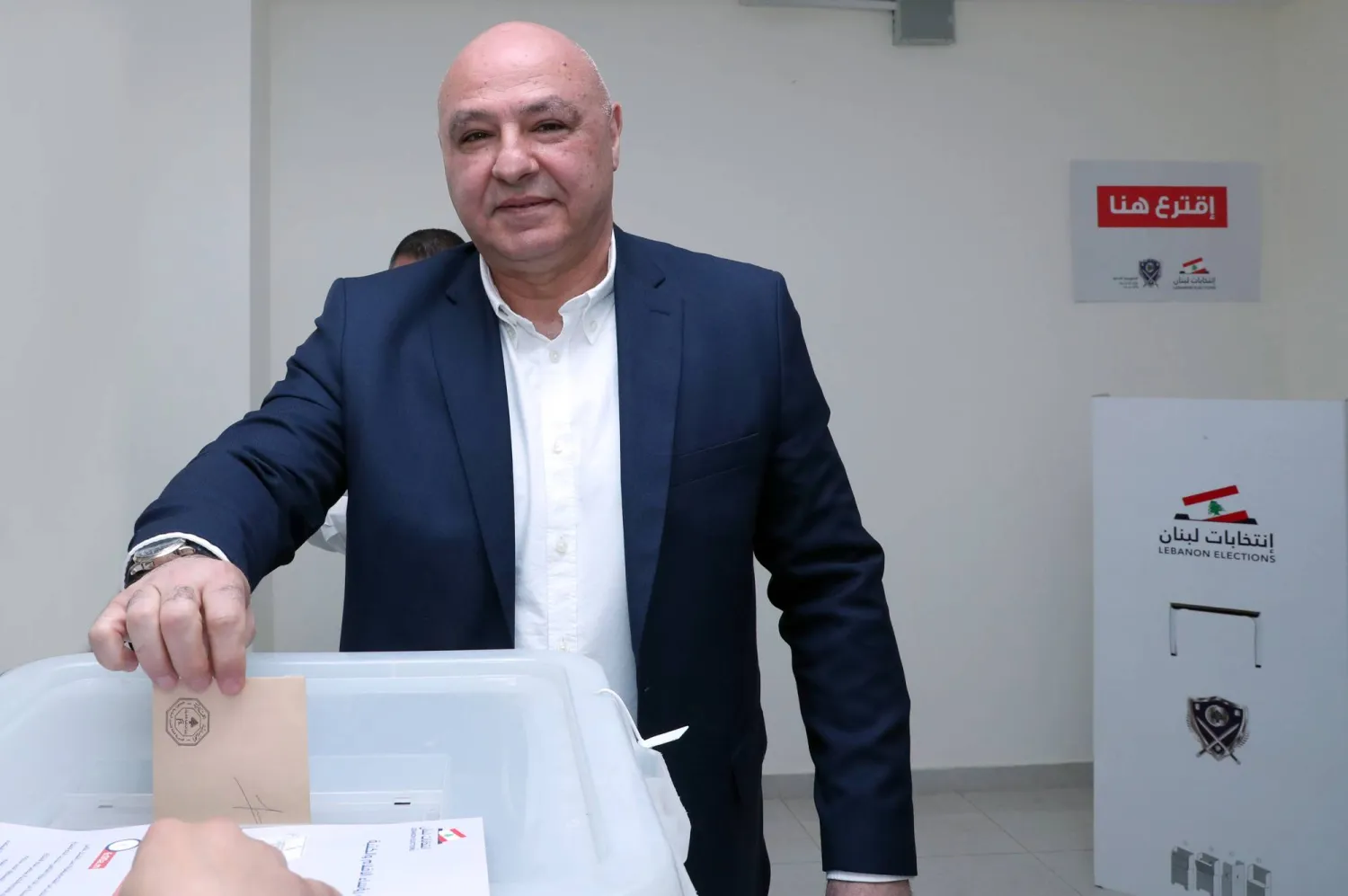Lebanon completed the final phase of its municipal and local elections on Saturday in the southern governorates of South Lebanon and Nabatieh, under what officials described as “international guarantees” aimed at deterring Israeli interference amid heightened cross-border tensions.
The vote went ahead just two days after a violent escalation along the Lebanese-Israeli border, which raised fears of disruption. Lebanese officials said diplomatic pressure was exerted on Israel to avoid any military action that could obstruct the electoral process.
Lebanese President Joseph Aoun, who cast his ballot in his hometown of Al-Aishiyeh in Nabatieh, said there were “guarantees” that Israel would not launch attacks during the vote.
Interior Minister Ahmad Al-Hajjar visited polling stations in the border town of Shebaa, echoing those assurances. “All diplomatic contacts have been reassuring,” he said, emphasizing the state’s commitment to safeguarding sovereignty.
Despite Israeli drone activity in the skies above southern villages, no airstrikes were recorded, according to local field sources. Violations of the ceasefire agreement were limited to Israeli surveillance and the firing of flares from a military outpost near Shebaa, Lebanon’s state-run National News Agency reported.
In remarks from the south, Aoun said: “The will to live is stronger than death, and the will to build is stronger than the will to destroy.”
He added that the elections marked not only the anniversary of Lebanon’s 2000 liberation from Israeli occupation, but also a celebration of democracy and the people’s right to choose.
Aoun began his election day tour at the government compound in the city of Sidon, where he met employees alongside Defense Minister Michel Menassa and Hajjar.
In a speech from the compound, he paid tribute to the soldiers and civilians who died defending the south, calling them “a beacon of freedom and dignity for future generations.”
He urged voters to turn out in large numbers, not only as a democratic right but to support candidates capable of rebuilding towns and villages devastated by past conflict. “These elections are about development, not politics,” he said.
Later in Nabatieh, Aoun chaired a security meeting and stressed the significance of holding the vote despite repeated hostilities. “The people of the south are determined to participate, and that reflects their resilience and commitment to rebuilding,” he said.
“These elections are an opportunity to shape the future for the next generation. It is the duty of every voter to take part in Lebanon’s reconstruction,” he added, expressing hope that the coming days would bring an end to the country’s suffering and wars.
Aoun’s visit also held personal significance as he voted in the optional local elections in his hometown, where municipal seats had already been filled by consensus. “For 40 years I’ve protected elections; today I vote for the first time – for the development of my village,” the former army chief told reporters after casting his ballot.
He said consensus, which led to the uncontested win of municipal candidates in Al-Aishiyeh, was a form of “consensual democracy,” noting that had there been no agreement, competitive elections would have been held, “which is natural in a democratic system.”
Asked again about the threat of Israeli attacks, Aoun reiterated that “guarantees are in place,” and called on voters to cast their ballots decisively.
“The message today is that the south is an integral part of Lebanon, and no force should stand in the way of the Lebanese people’s will to endure.”









